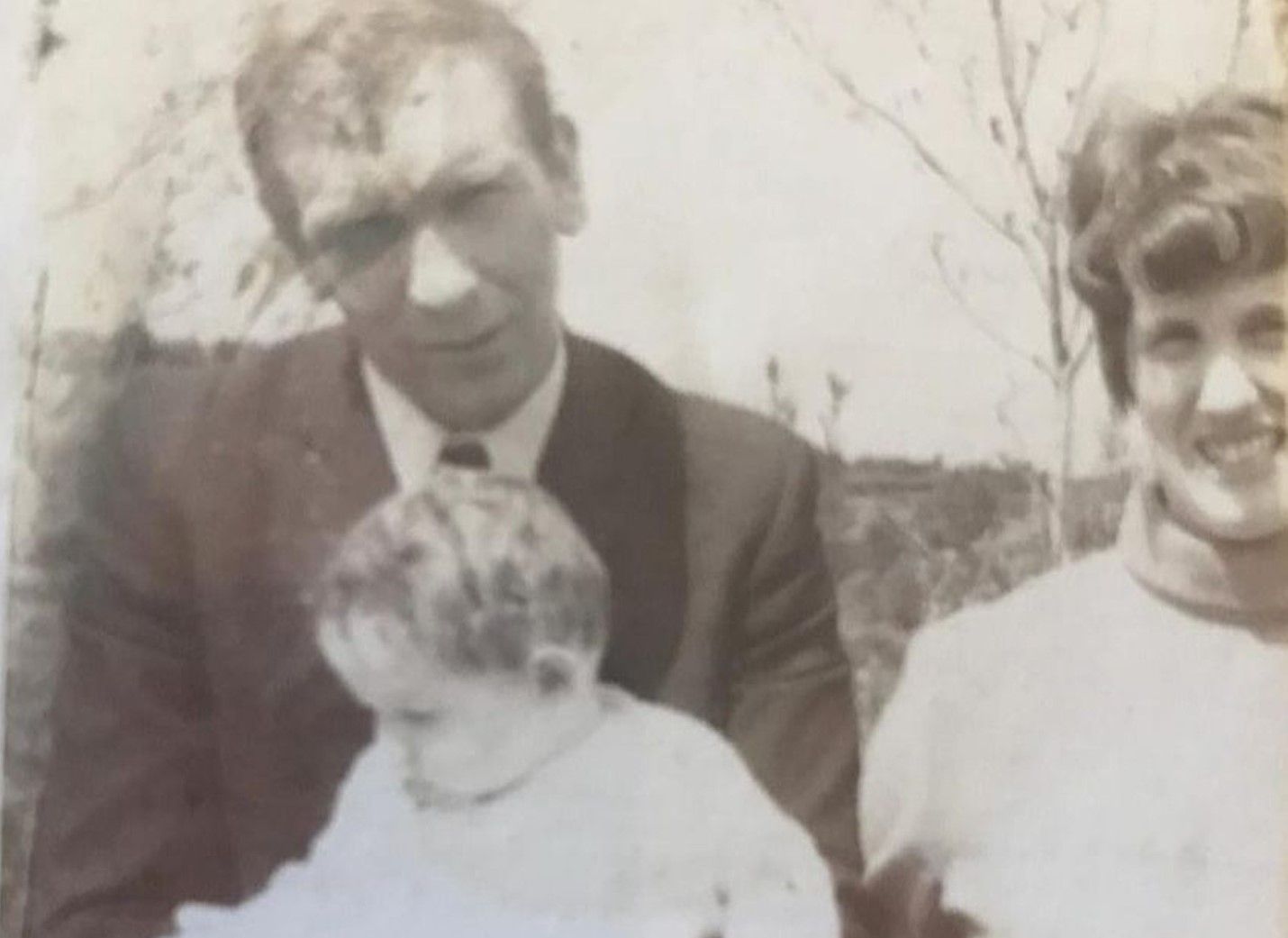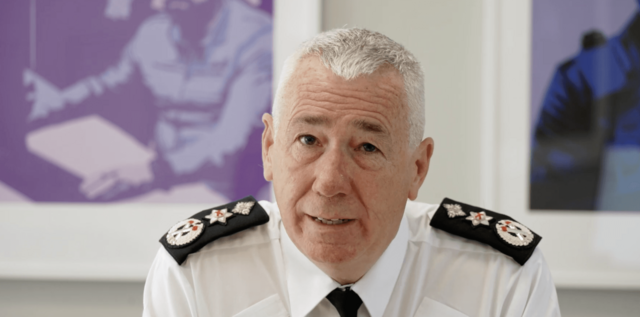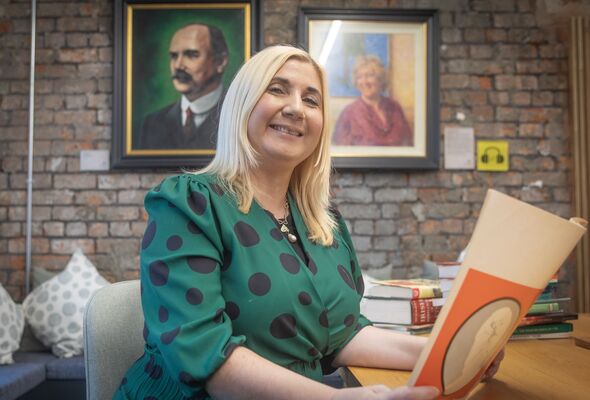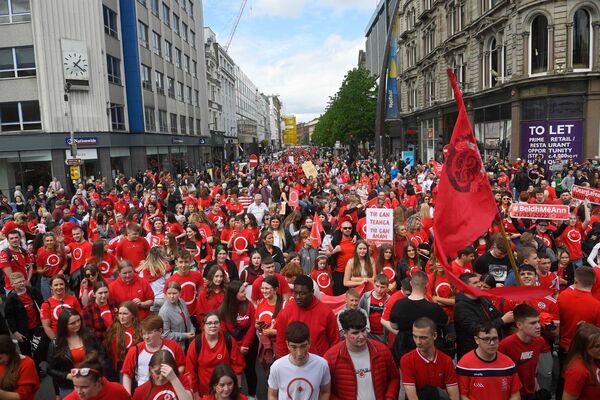ALL of those who have suffered state and non-state violations on this island since partition can point to a lack of accurate memory of that experience. Some of this is incredibly personal. For some families the experience of violation was quite simply unspeakable and was not spoken.
Full generations of families will have grown up without a lived memory of the violation that framed their lives and seeking basic facts about that event can itself be an incredibly painful process. Within some of those families timing can be crucial, with parents passing away before it a loved one’s name can even be spoken in a family home. Memory becomes precious in that context.
For some, memory is a story that was told as they were growing up, rather than a loved experience that is recalled. The precious nature of memory must be cared for and nurtured. Participation in the recovery of memory is at the heart of that. That is why grassroots projects such as RFJ’s Remembering Quilt, or the recently published book Lost Gaels, are so critical.
Recovery of memory becomes complex when there is a denial of experience. For instance, for victims of collusion the recovery of memory becomes a recovery of evidence of state responsibility for gross human rights violations. That family then has the dual and onerous journey of not just recovering a personal memory, but of also breaking censorship, uncovering well-hidden evidence and constantly fighting for the basic right to truth. They are cast as “enemies of the state”. Wider society sometimes views as “political” or “toxic” the simple pursuit of truth regarding the killing of a loved one – something that is a basic part of human dignity and not controversial at all.
In these circumstances remembering a loved one can become part of a wider 'campaign'. Significant anniversaries are a deeply personal and altering experience, however when placed in the context of the necessary, but unchosen, fight for justice, they often necessitate a public event to garner support. Private grief becomes public and the term 'memorialisation' or even 'commemoration' is then placed on to the events that surround that date. Deaths and killings which received state acknowledgement from day one or which were the subject of open human rights-compliant processes do not see this additional harm and burden placed on to families. It is a unique experience.
When the local Trillick community came together to remember the 50th anniversary of the horrific abduction, disappearance and recovery of the remains of independent councillor Patsy Kelly, we witnessed these layers upon layers. Patsy the man, husband, father and GAA man were personally remembered. The circumstances of his killing were highlighted as open sores, with the Legacy Act meaning that the fresh inquest ordered into the killing might never happen.
The GAA as an institution was part of that memory – and the growing anger. The parties that chose to walk with the Kellys in Trillick were supporting the family personally, but also making a necessary statement about the British government’s Legacy Act. This was not an anniversary any family would choose.
Human rights-compliant processes which actually recover truth and deliver justice and acknowledgement could set families free from these unconscionable burdens. We were in touching distance of that ten years ago in 2014 with the Stormont House Agreement.
Today, Hilary Benn is messing around with those rights and it is downright shameful.








